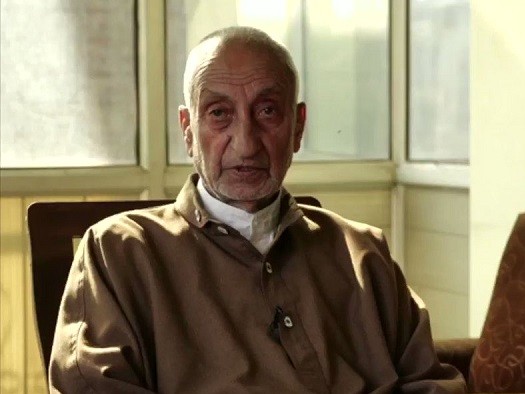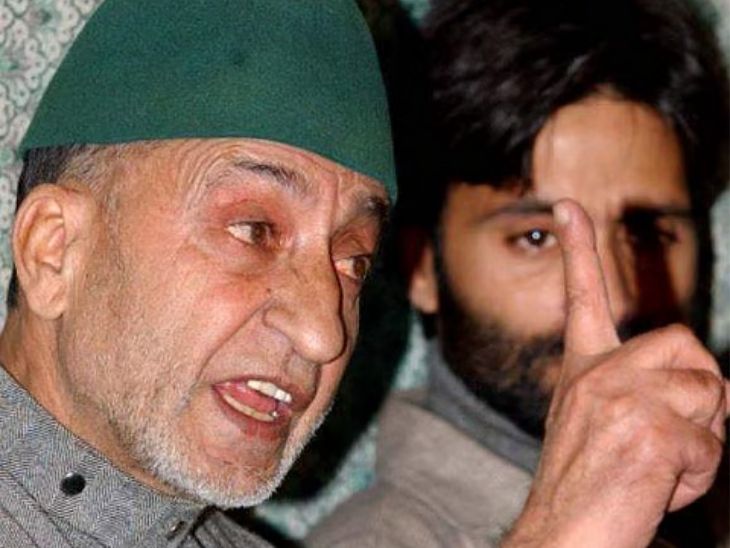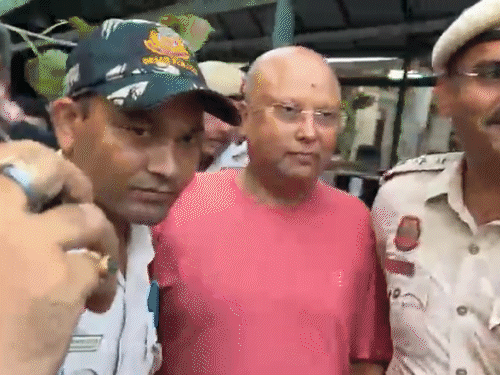Srinagar4 minutes ago
- Copy link

File photo.
Professor Abdul Gani Bhat, former chairman of the Hurriyat Conference, died on Wednesday at the age of 90. He was ill for some time and breathed his last at his home in Sopore in Baramulla district of North Kashmir.
The family said that Bhat died after a small illness. The family will inform the family about their funeral and funeral soon. Born in 1935, Bhat Hurriyat was one of the founding leaders of the conference and was associated with separatist politics for a long time.
Prof. Persian and Law degrees from Aligarh Muslim University. Bhat was one of the old and staunch separatist leaders of Kashmir. He also practiced in Sopore for some time and in the year 1963 he was appointed Professor of Persian under the Jammu and Kashmir Education Department.

Bhat advocated India-Pakistan talks on several occasions.
Muslim United Front Party formed in 1986
He founded the Muslim United Front (MUF) in 1986 along with other leaders. He was also the chairman of the 1993 All Parties Hurriyat Conference (APHC).
Apart from this, he was the President of the Muslim Conference, Jammu and Kashmir (MCJK), which was later banned by the Government of India.
Disputed stories related to Professor Abdul Ghani Bhat
Professor Abdul Ghani Bhat, former chairman of the Hurriyat Conference, has been in controversy many times over his statements and political trend. His brother was murdered by unknown assailants in 1996.
Later Bhat had said that this work was done by his own people, not the security forces. He said- ‘I know the truth is bitter and there is a danger of saying it, but no one can silence me.’
In January 2011, while addressing a seminar in Srinagar, he said that some of our own people, our loved ones, have murdered and murdered.
Although he did not name anyone, he said this in the context of the murder of Mirwaiz Farooq Ahmed and Abdul Ghani Lone.
Stock on Jammu and Kashmir
Bhat had said on several occasions that ‘independence of Jammu and Kashmir is not possible’ and India and Pakistan should solve the dialogue. Hurriyat’s radical faction called it a pro -India stance and criticized him.
Statement of Constituent Assembly- In 2011, he said that the decisions of the 1951 Constituent Assembly of Jammu and Kashmir cannot be denied. This statement was described by many Hurriyat leaders as “against the separatist movement”.
He repeatedly stated that the Kashmir issue will be solved only through the talks of India and Pakistan. This medial attitude led to opposition within the Hurriyat itself.



